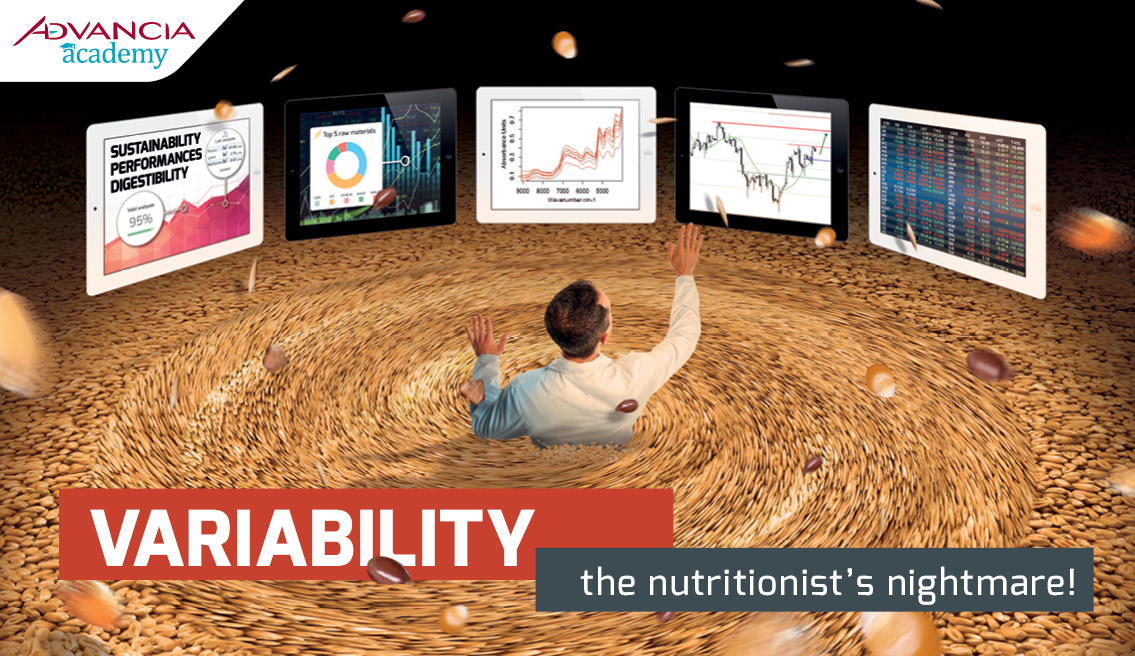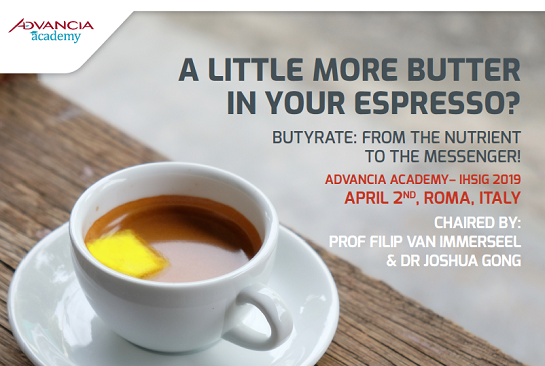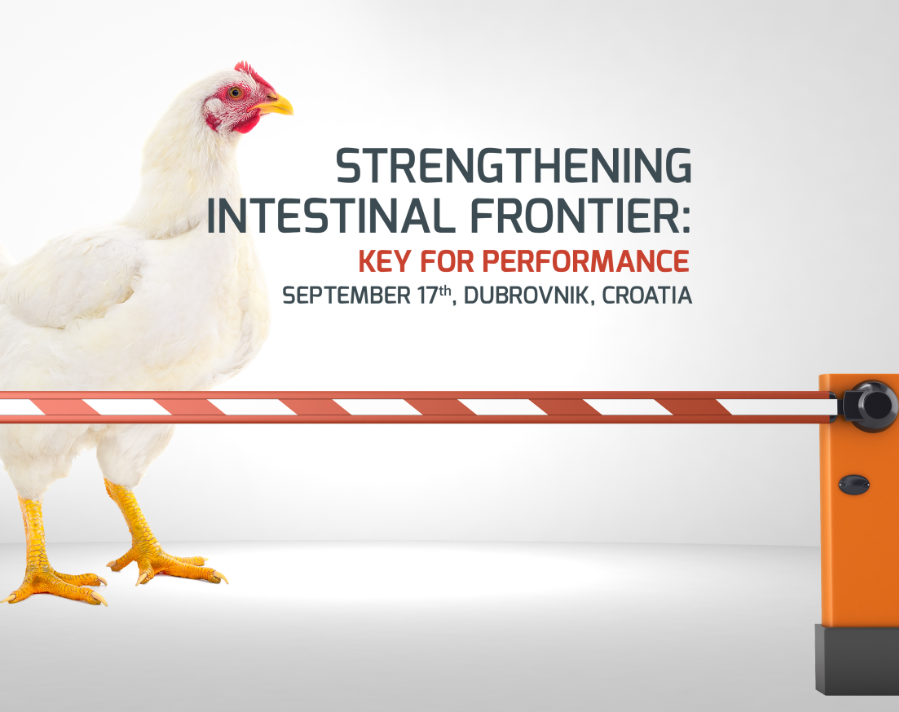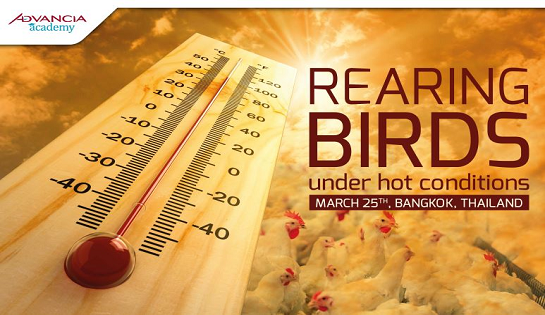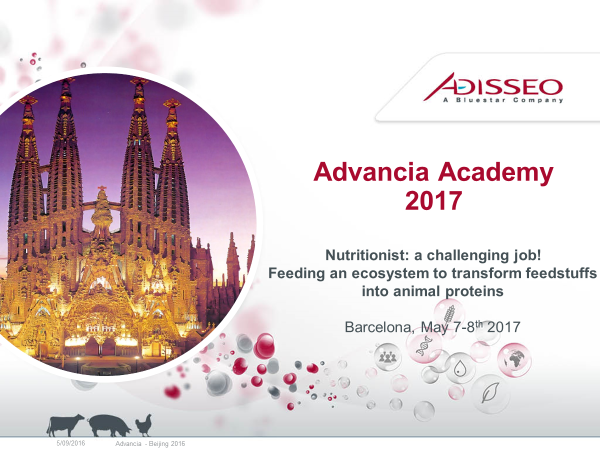
In Advancia & Advancia Academy events, well-known experts share with end-users, the progresses on scientific knowledge on practical issues of the animal protein production chain.
In our past events, we addressed topics like: the challenge of hot rearing conditions, the variability faced by the nutritionists and the feed formulators, the ban of antibiotics, the importance of gut integrity and intestinal frontier, the importance of oxidative stress, the butyrate: from a nutrient to a messenger…

